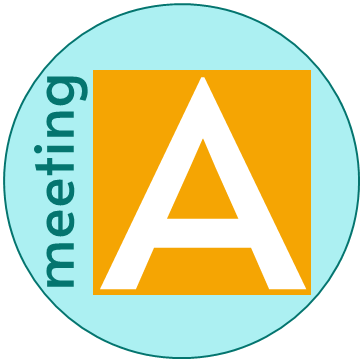Among the many reasons for meetings there is the one you may not realise you are attending until some way through the meeting you thought you were attending! Talking here of course about the so called ‘hidden agenda’ in a meeting i.e. a secondary purpose to the original meeting subject which may have emerged as a consequence of divergence form the key subject or allowing too much tangential discussions to progress.
In some cases this secondary subject=t can become considered much more important than the stated agenda and gain purchase with the audience to the extent that it takes over the session. However, a good chair person will nip this in the bud but, if it is worthy of further consideration, will propose and arrange a separate session to discuss that subject so it is not lost but draw the main discussion back to the key subject of the original meeting which hopefully the attendees had agreed to attend on that basis and would not want to be bystanders in a subject in which they may not be aware of).
There is though another way this can creep into the meeting: on purpose. In some environments, [particularly highly politicised and disparate organisations, there can arise a habit of using the means of a ‘popular’ or well supported meeting subject to ensure an appropriate captive audience for progressing a (often organisationaly secular) pet subject that a particular individual or group wants aired but finds it difficult to attract an audience to. In these instances, partly due to the nature of being ‘highjacked’ and partly due to the ethos of the type of organization these events occur in, the meeting can fall into arguments, poor etiquette and disruption…even with a competent chairperson. Again, the radar should be always noticing even a small seed of this starting and evaluate its value and nature before allowing it to evolve into a major issue.
Having said all that there is of course the possibility that, during the course of the meeting a subject arises that is so key to an immediate critical path issue or perhaps a revealed important matter so far un-noticed, that it may be worthwhile to allow it to supersede the original agenda and to reschedule that agenda while continuing the emergent one.
Deciding which approach to take to these potentials, and even being astute enough to spot them at the earliest stage is one of the most difficult task of a chairperson but it is an essential skill to develop to ensure effective outcomes of any meeting.




